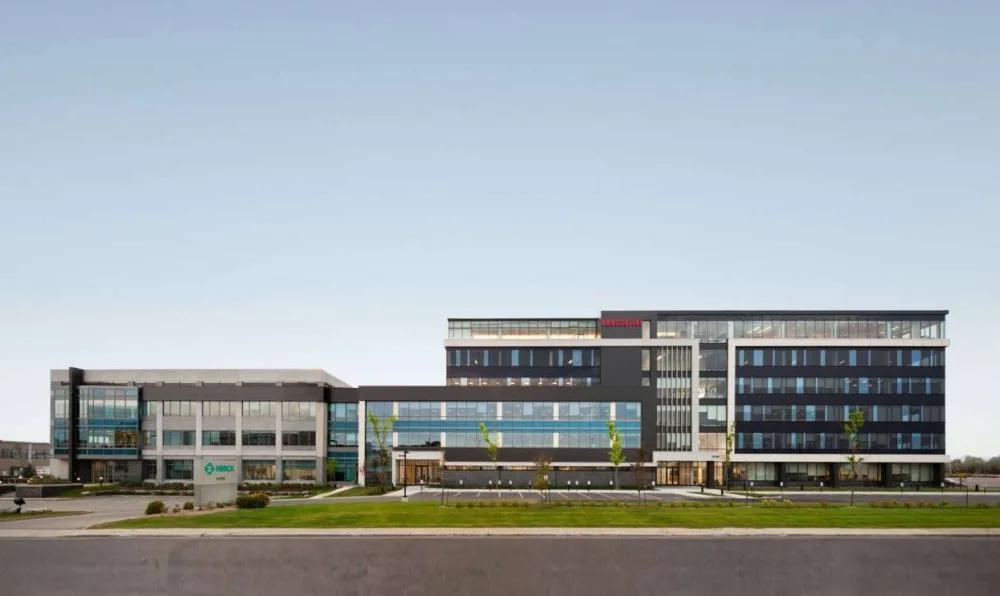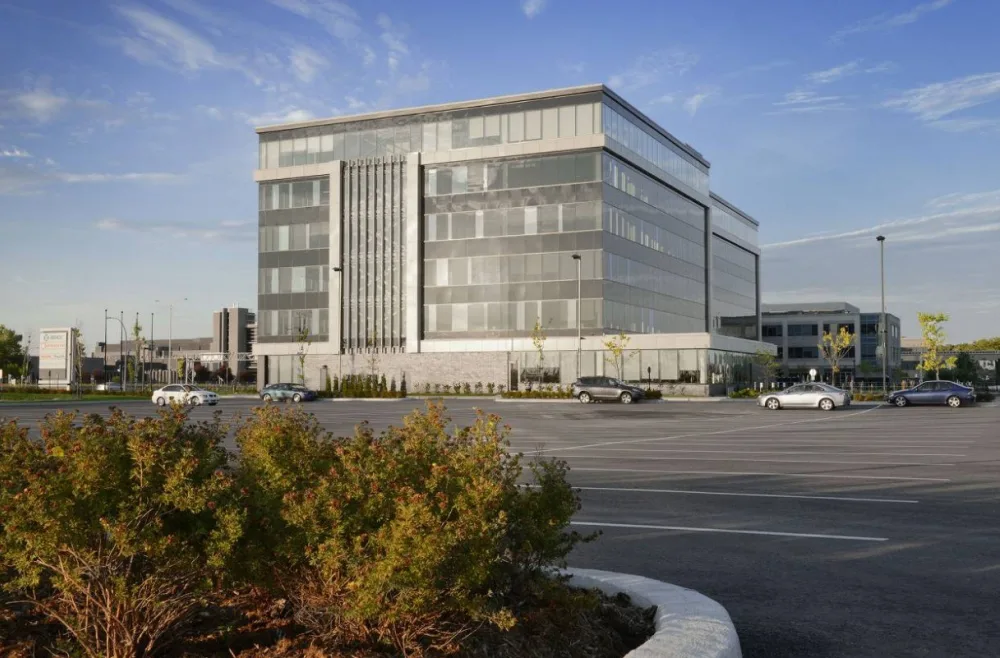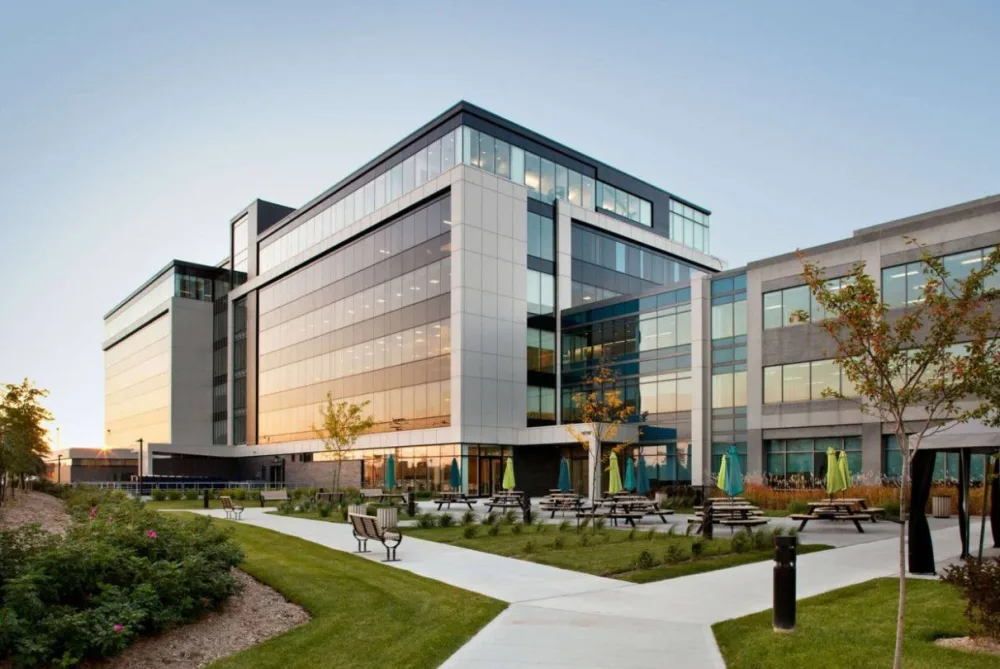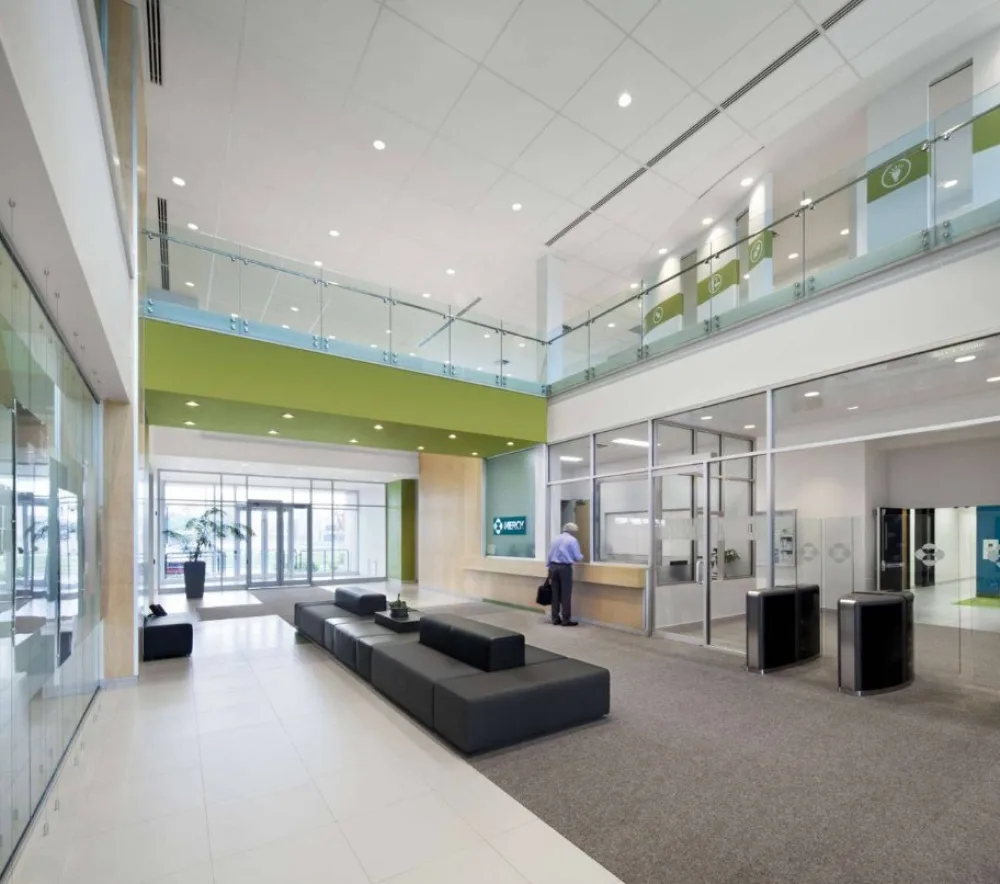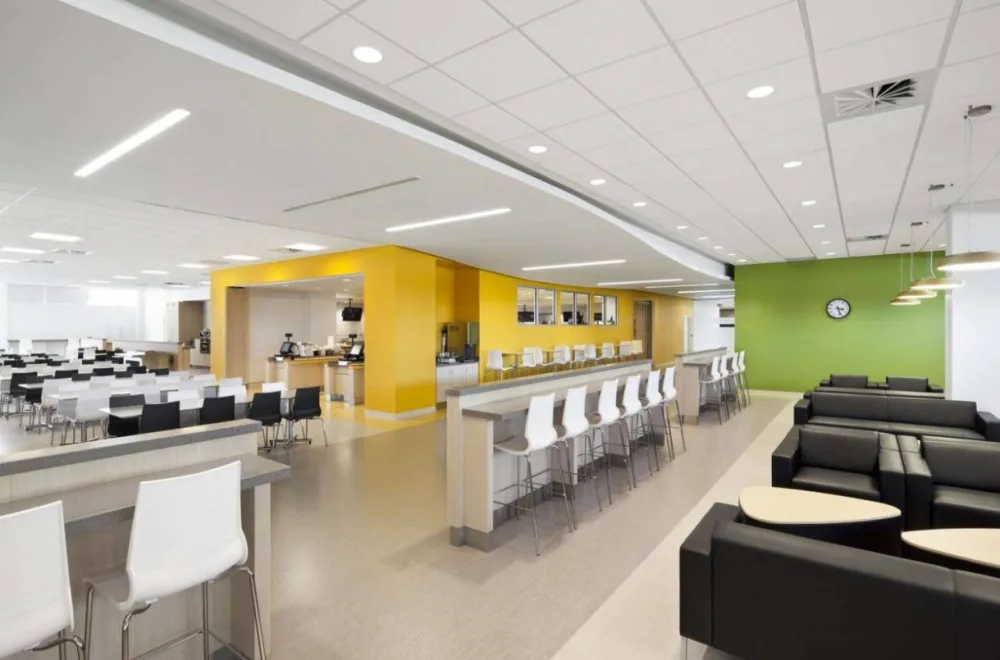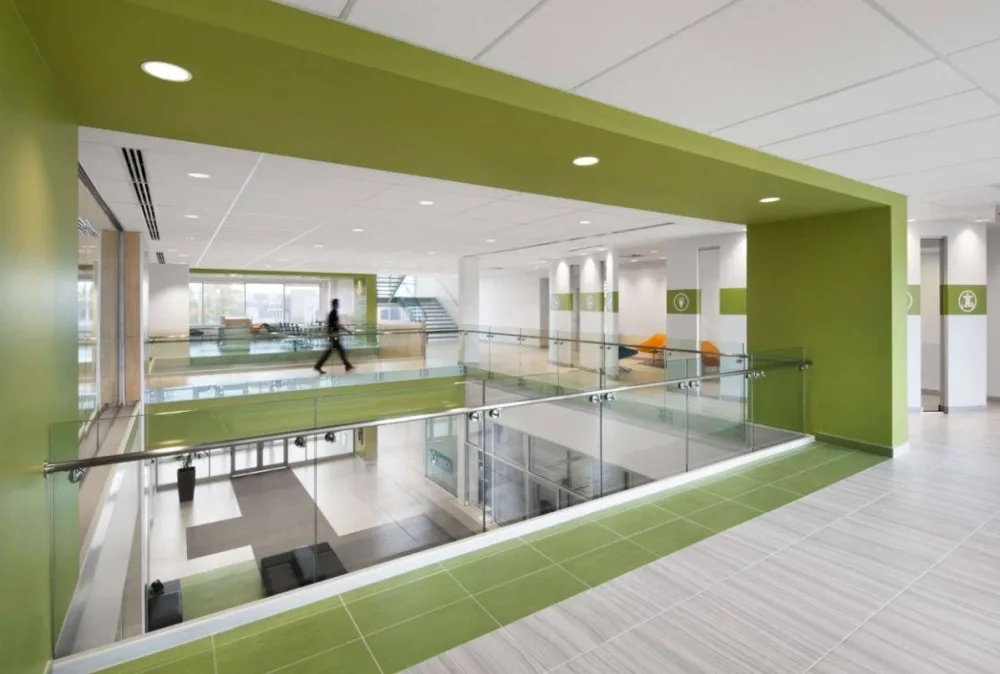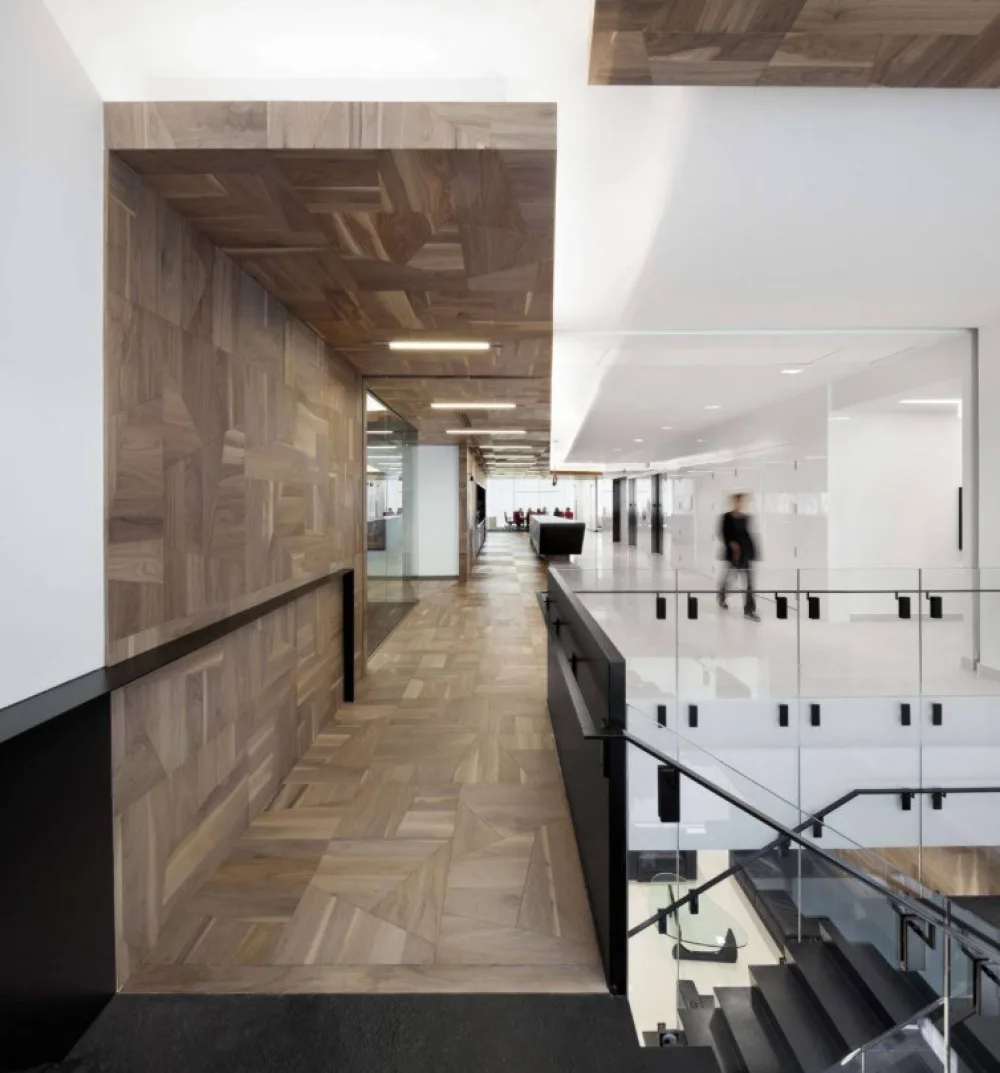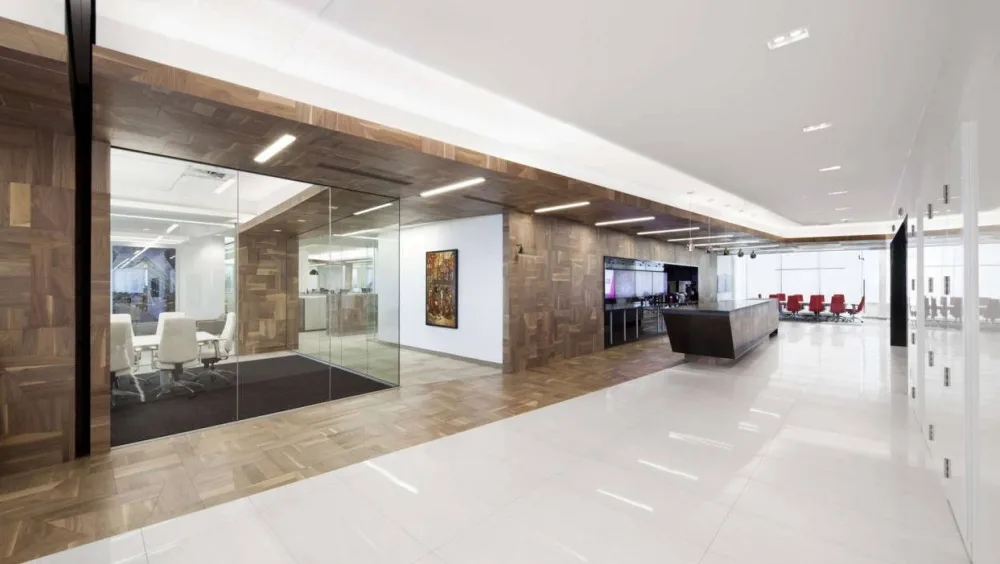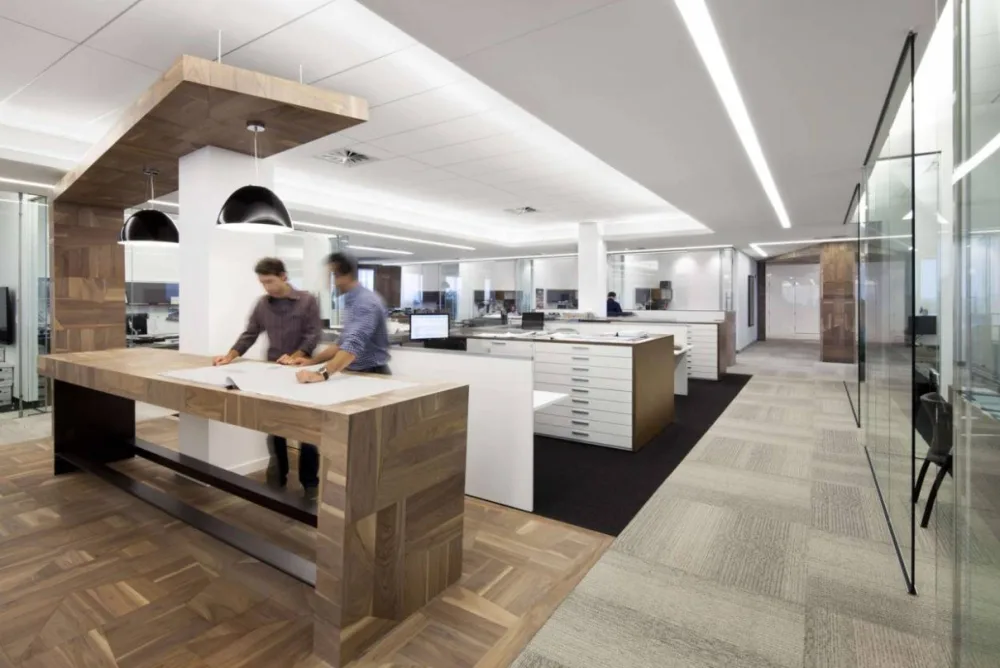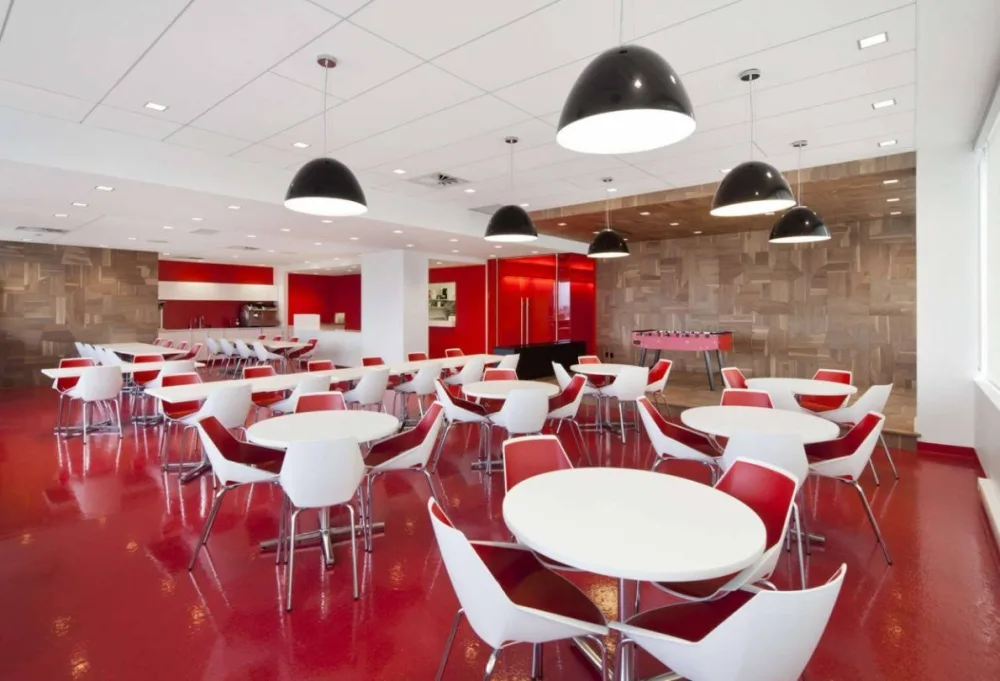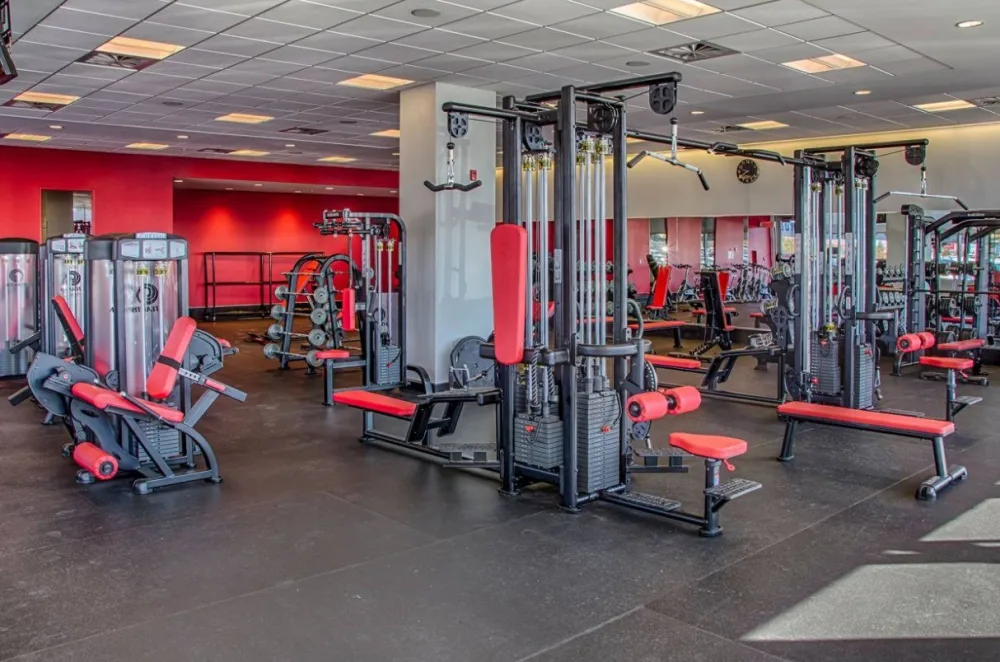Broccolini Corporate Centre – Kirkland
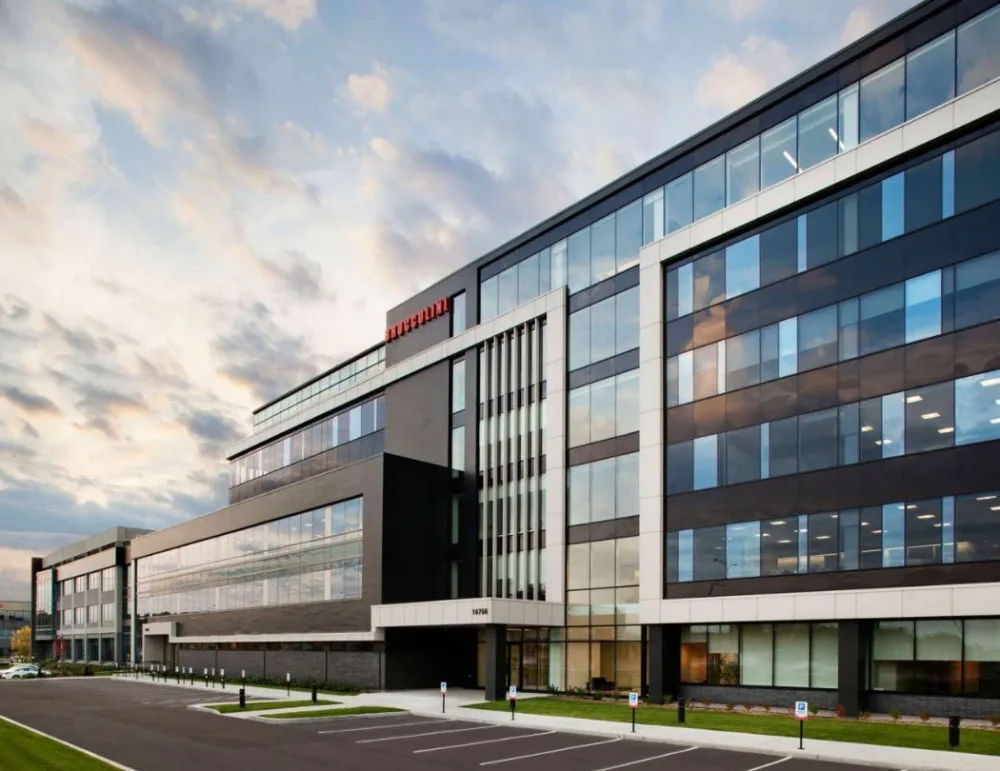
Located directly on the Trans-Canada Highway in Kirkland, this modern complex was developed, built, and is managed by Broccolini — a testament to our end-to-end capabilities in delivering exceptional real estate solutions. Combining the renovation of an existing structure with the construction of a brand-new facility, the project was completed to the highest environmental standards, earning LEED® Certification — a first in the city. Now home to Broccolini’s head office, the multi-tenant building also features Merck Canada as its anchor tenant, occupying nearly 70% of the space in a contemporary, employee-focused environment.
Designed with comfort and convenience in mind, the complex offers a wide range of amenities, including an ultramodern fitness centre, a full-service cafeteria with an outdoor terrace, dry cleaning services, valet parking for vehicle maintenance, and even spa treatments. An energy-efficient HVAC system delivers optimal comfort at lower operating costs, while thoughtful landscaping enhances the site’s modern appeal. This flagship property exemplifies Broccolini’s expertise in developing, building, and managing high-quality, sustainable workplaces.
At a glance
